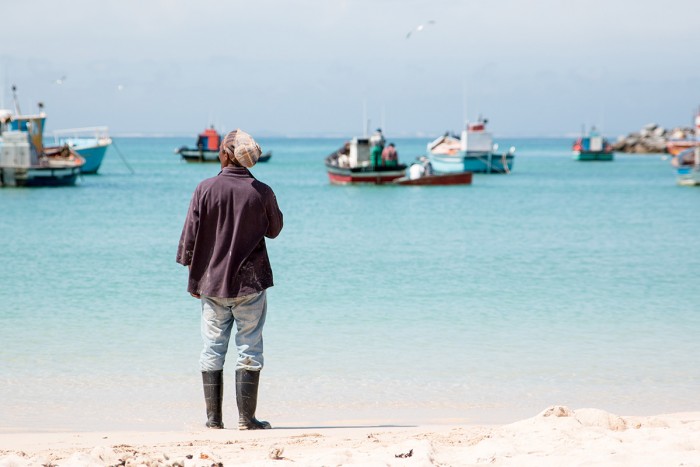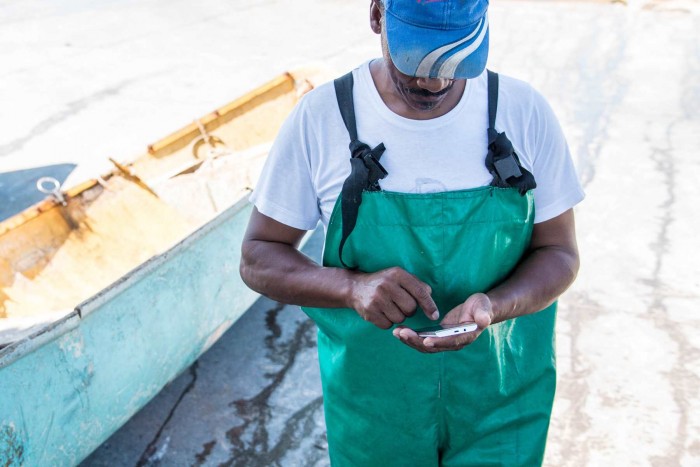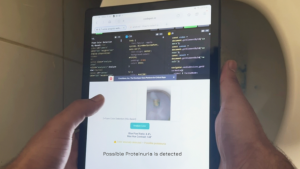Fishing communities in South Africa have lived off the seas for generations. But times are changing. A new quota system coupled with climate change is threatening their way of life and sparking protest.
A new mobile app called ABALOBI (isiXhosa for small-scale fisher) is being introduced to make the small-scale fisher’s life a little easier.
Co-developed, the app was initiated in a brainstorming exercise between researchers at the UCT, the national Department of Agriculture, Forestry and Fisheries, and several small-scale fisher community representatives.
The full suite is made up of five interconnected apps that each work to make each stage of the small-scale fishing process more sustainable, trackable and manageable.
From a personal logbook where fishermen co-produce knowledge to a digitised community catch monitoring system, the apps make it easier for fishermen to find their hauls. As part of the management process, the apps allow for real-time fishery data, transparent accounting of the catch and a digital marketplace, making the catch easier to sell.
It won in the category of Social Innovation Awards at the 2017 SAB Foundation Social Innovation and Disability Empowerment Awards earlier this year.
Going forward, the open-source development platform seeks to allow customisation and use by small-scale fisheries stakeholders worldwide.
But, while apps like ABALOBI claim to alleviate both overfishing and stress on fishing communities, some experts worry that access to where the fish are could have the opposite effect.
Speaking to the BBC, UK fishing expert Matt Hayes argued that “unscrupulous” people could fish themselves out of existence with the kind of access to information that the app provides, while another expert believes the app could be used to direct conservation efforts.







